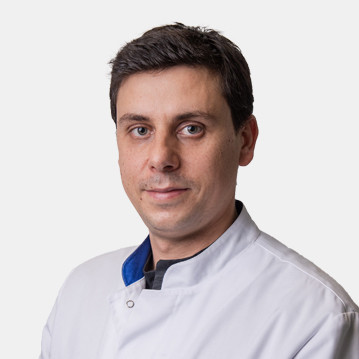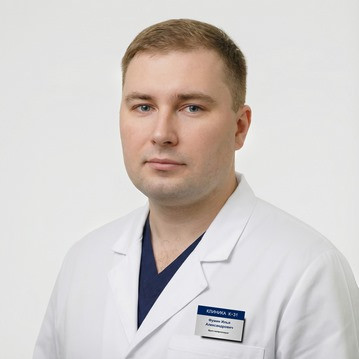Pharmacotherapy is the use of medications to prevent, treat, or reduce the symptoms of various diseases.
It refers to non-invasive (conservative) methods of influence. It is prescribed taking into account the duration, form and stage of the disease. Pathogenetic mechanisms and associated conditions are also taken into account.
Main aspects of choosing medications
The main goal of drug therapy is to achieve maximum therapeutic effect with minimal or no adverse reactions. To do this, when prescribing medications, the doctor is guided by the following aspects:
- Specificity of the disease. Features of the development and course of the disease determine which drug will be most effective in a particular case.
- History of drug use. In particular, information about previously prescribed medications is taken into account. This helps avoid reusing products that are ineffective or cause side effects.
- Individual characteristics of the patient. The doctor must take into account age, weight, health status, allergies and other factors that can influence the choice of drug and its dosage.
- Mechanism of action of the drug. Understanding how different medications work can help you determine which drug is best for your specific problem.
Often, to achieve the desired effect, a combination of several drugs is prescribed that complement each other's action. At the same time, the doctor tries not only to choose the right medications, but also (if necessary) to correctly combine them with other treatment methods - in particular, with physiotherapy and manual therapy.
An important stage of pharmacotherapy is monitoring the effectiveness of the drugs used. Regular medical examination helps monitor the progress of treatment and, if necessary, adjust the prescribed treatment.
Types of therapy
Knowledge of the main types of drug therapy allows doctors to choose the appropriate treatment method for each specific case. The following types of pharmacotherapy are distinguished:
- Etiotropic. The essence of this approach is to treat the underlying cause of the disease.
- Substitute. The key point of treatment is to replenish the substance missing in the body.
- Pathogenetic. This method focuses on certain mechanisms of disease development, and its goal is to “switch” one of the “bad” links in the chain of progression of the pathological condition.
- Symptomatic. This approach is aimed at alleviating specific manifestations of the disease - in particular, pain.
Another well-known type of therapy is the preventive approach. It is a set of measures taken to prevent the disease itself and the risk of its relapse.



